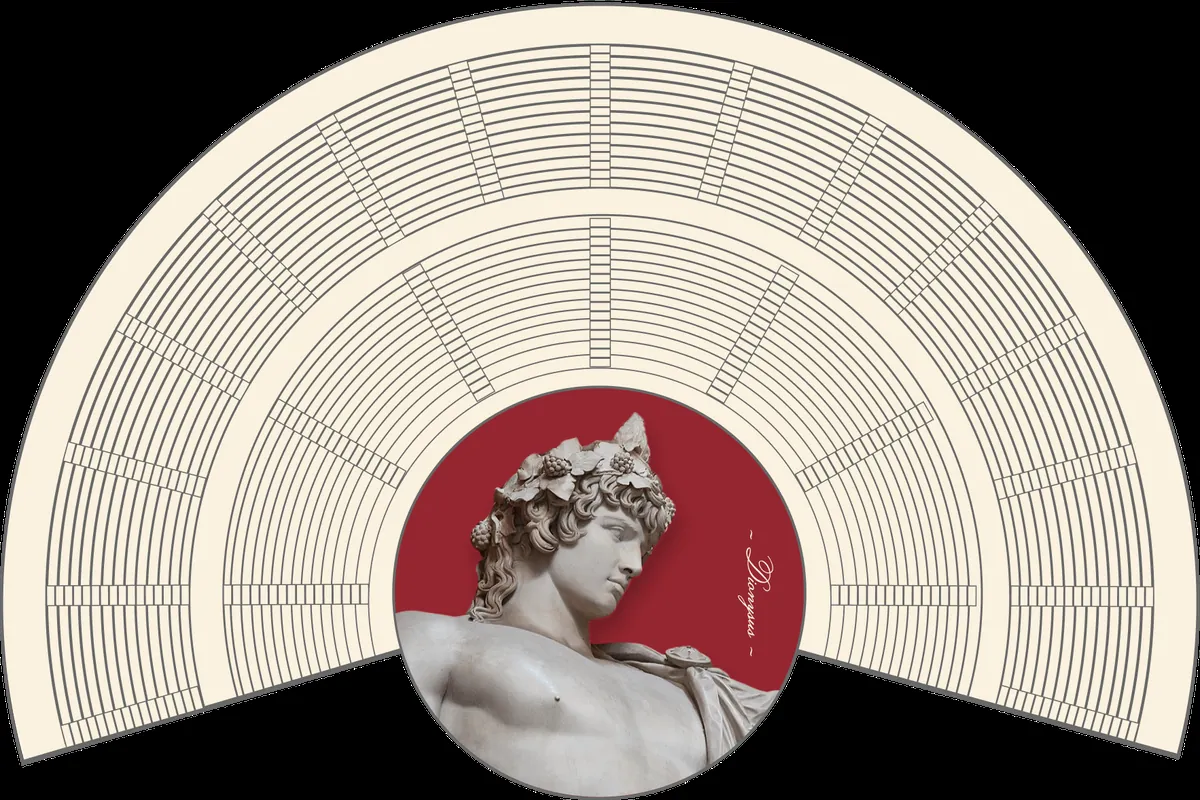In a bold theatrical experiment, "Cracking Zeus" at Spooky Action Theater attempts to merge ancient Greek mythology with contemporary urban drama. This ambitious production, penned by Christopher T. Hampton and directed by Reginald L. Douglas, draws parallels to Spike Lee's 2015 film "Chi-Raq" in its mythological adaptation to a modern setting.
The play reimagines the vengeful quest of Hera, queen of the Greek gods, in a present-day, drug-affected neighborhood. While the concept is innovative, the execution falls short of its potential, with didacticism overshadowing artistry.
Hampton's script transplants the divine drama of Hera's rage against Zeus's infidelity into a gritty urban context. The story centers on Momma Jo, a Baptist church leader, and her son Baniaha, a product of Zeus's earthly dalliances. This clever adaptation draws from the rich tradition of Greek mythology, where gods frequently intervened in mortal affairs.
Strong performances anchor the production. Lolita Marie brings depth to Momma Jo, balancing religious devotion with human frailty. Charles Franklin IV convincingly portrays Baniaha's transformation from pious youth to conflicted demigod. DeJeanette Horne delivers a poignant portrayal of Rufus, a man grappling with addiction.
The set design by Barrett Doyle masterfully blends urban and divine aesthetics, featuring a neon cross and stained-glass windows alongside trash and traffic cones. This visual juxtaposition effectively represents the collision of mythological and contemporary worlds.
Technical elements enhance the otherworldly atmosphere. Black lights reveal hidden imagery during pivotal moments, while chopped-and-screwed music underscores the supernatural intrusions. The chorus, doubling as a Greek-style commentary and youth choir, moves with eerie synchronicity, embodying the liminal space between mortal and divine realms.
However, the play's dialogue often stumbles, particularly in its heavy-handed use of drug-related terminology. The repetitive use of "crack" risks reducing a potentially spellbinding urban myth to the level of a simplistic anti-drug message. This overemphasis detracts from the deeper themes of redemption and divine intervention that the play attempts to explore.
"How dare the harlot shame a goddess?"
While Nicole Ruthmarie's portrayal of Hera aims for divine wrath, it lacks the necessary gravitas to fully convey the goddess's otherworldly fury. This performance gap weakens the central conflict between mortal and immortal realms that drives the narrative.
Despite its flaws, "Cracking Zeus" represents a commendable effort to breathe new life into ancient myths. The production's strengths lie in its visual design, strong supporting performances, and ambitious concept. With further refinement, particularly in dialogue and character development, this unique blend of urban realism and Greek legend could evolve into a more compelling theatrical experience.
As it stands, "Cracking Zeus" offers an intriguing, if imperfect, exploration of timeless themes in a contemporary setting. Theater enthusiasts and mythology buffs may find value in this bold experiment, running through October 13, 2024, at Spooky Action Theater.
